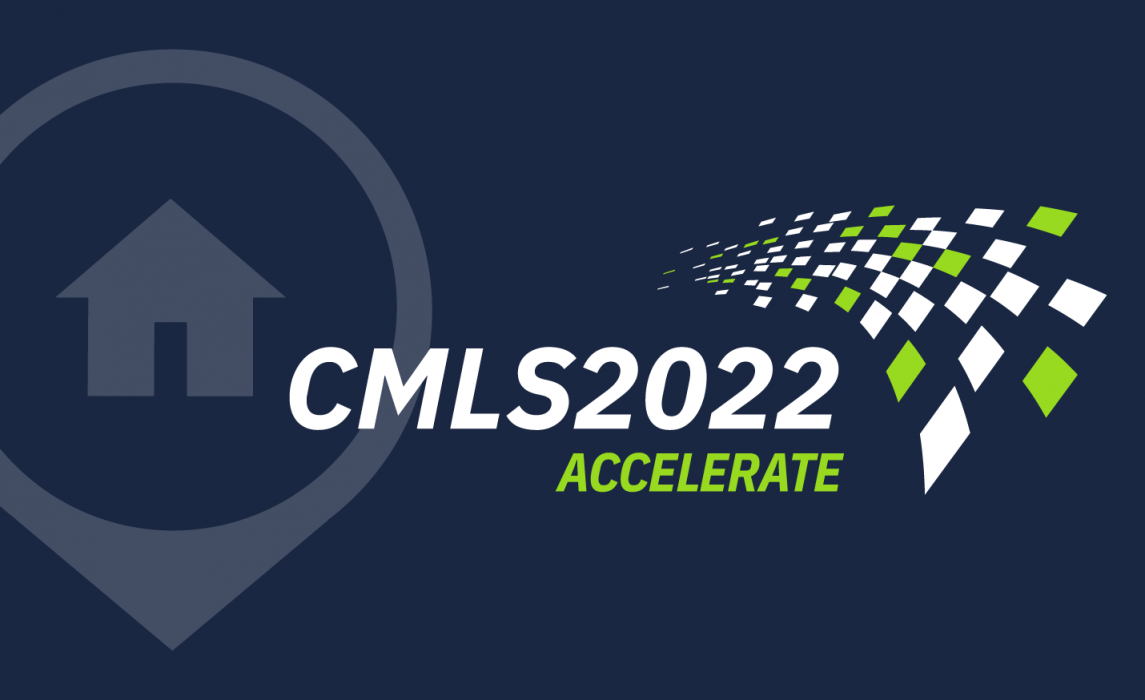For readers who are attending CMLS 2022 this week in Indiana, I hope you attend a session called The MLS Value Engine on which I’m a panelist with Mitch Skinner, Alon Chaver, and Ed Zorn. Even though the panel is a bunch of lawyers (or, in my case, former lawyer), I think it’s going to be a great discussion and well worth your time. Each of the panelists will have their own take on the topics, and mine is set out below. A regular caveat: The statements below are my own views and not those of the other panelists or CMLS.
For me, the key issue for this panel is what I see as a simultaneous threat and opportunity for MLSs to build on their central value proposition of being the best source of property data in their market. The threat is that there are many companies today trying to leverage the MLS to build proprietary (owned by them, not the MLS) data sets. All of these companies want to use the MLS to create an adoption network effect, while simultaneously retaining for themselves ownership rights to some or all of the data.
During the panel, we’re all going to try to avoid talking about specific companies but, for purposes of this blog post, I think an example will help explain the threat and also allow me to speak to some questions we know our customers have about our FloPlan product given recent announcements by our technology partner, CubiCasa.
FBS’s FloPlan product uses technology and service from CubiCasa to create floor plans, and we have a license agreement that is very MLS-friendly, including allowing the MLS control and revenue sharing from downstream licensing and distribution of the floor plans and related data. Recently, CubiCasa announced an offer for “free” floor plans but, as we all know, nothing is really free.
CubiCasa is offering the “free” floor plans as a loss leader so they can own the scans created and use them to create gross living area (GLA) floor plans, for which they’ll have the exclusive right to license to others. Agents and the MLS will get a very basic floor plan for free, but CubiCasa will end up being the exclusive owner of the GLA version, which, because of the recent Fannie Mae regulations requiring GLA, CubiCasa believes will be the critical piece of data for property valuations in the near future. In other words, if they’re successful, CubiCasa (and their parent company, Clear Capital) will own the best comp data, not the MLS.
We’ve been negotiating for months with CubiCasa to add the GLA version (and even the free version) of the floor plans to FloPlan, but we haven’t been able to come to agreement because CubiCasa insists that FBS (and our MLS customers) give up the MLS-friendly rights we have under our current license agreement.
This one example epitomizes the threat outlined above. Should MLSs promote adoption of a product — even one that’s free — when the product will create data owned and exclusively licensed by the other company with no control, revenue share, or other consideration for the MLS or its members with regard to that data? The short answer to the above question is no.
The longer, more nuanced answer to the question, however, points to the opportunity for MLSs when considering when and how to partner with new technology companies creating new ways of collecting property data. Creating the “value engine” (or network effect, flywheel effect, etc.) of adoption requires mutual benefits to all stakeholders or the value engine will never start.
To balance the stakeholder benefits, the first step is ensuring that the MLS understands the license terms for the content, including the right for the company (and the MLS) to create derivative works. The digital scans being created today are not only valuable for the core product they produce (e.g., a 3D tour) but also for the data that will be generated from that scan for many years to come, especially as AI and machine-learning advance.
In addition to understanding the license terms the agent, broker, and MLS receive, MLSs need to understand the quality of the products being created. Today, these scans are being used to generate square footage measurements, including gross living area, and so it’s critical to understand (so proper disclosures can be made) the accuracy of the measurements.
The opportunity for the MLS today is to serve it’s members doing what MLSs do best, namely aggregating and standardizing disparate content. There are many options agents and brokers can choose today for creating 3D scans, floor plans, and other digital content. Aggregating this disparate content under MLS-friendly licensing and quality standards is how the MLS will remain the value engine that makes the market work for years to come.

 Michael Wurzer
Michael Wurzer